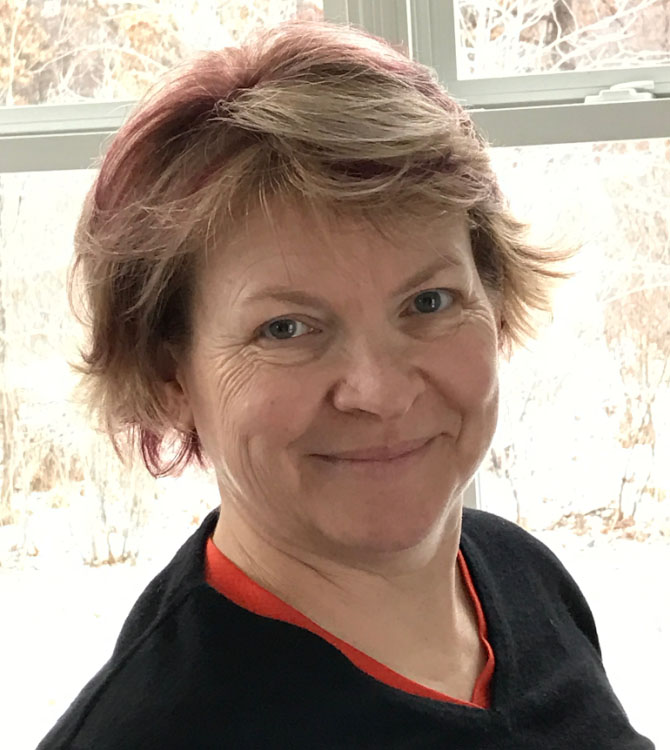
Wayne State graduate student Robin Jourdan can’t predict the exact future, but she can take an educated guess. Jourdan is a futurist, meaning she specializes in predicting possibilities for the future.
“A futurist is someone who helps organizations and individuals navigate the future,” Jourdan said. “We have different models that we can use to navigate what could happen with a topic.”
Jourdan said futurists lean into Wisdom of the Crowds, the concept that large groups of people are collectively smarter than individual experts.
“The best example I’ve heard of Wisdom of the Crowds is, say, at a state fair they have a prize for whoever guesses the weight of a pig,” Jourdan said. “There are going to be guesses super high and super low, but the collective wisdom is usually pretty spot on.
“What a futurist does, is we take those plausibilities of what could be and we pull them together. We've got a few different models that we can use, like social models, tech models and cultural models.”
Jourdan worked for Ford Motor Company for more than 20 years as a research librarian and a technology futurist.
“It started off as an assignment at Ford, just trying to overcome the challenge of ‘What is a futurist?’ ” Jourdan said. “What do they do and is it snake oil or is there something to it? I learned really quick because my background is in math and science, so I was able to make sense of it from that perspective.”
Jourdan retired from Ford and decided to pursue a master of fine arts from Wayne State; she previously earned a master of library and information sciences from Wayne State in 1994.
She recently presented her research, “Researching the future: The impact of the fine arts on COVID-19 recovery and climate change,” at Wayne State’s Graduate Research Symposium.
“In the case of my research, it was the interaction of the creative community, the artist community, with COVID-19 recovery and also climate change, which were separate topics that I just brought together for the presentation,” Jourdan said. “There are a lot of different ways that we can express those different futures. In the case of this research, just to keep it simple and something that could be shared in six minutes, I focused on our word choices. If we continue to use certain word choices, we're basically replicating the past and kind of getting in our own way. But if we use other word choices, for example, ‘renewal,’ you start building a path to a different future.”
Jourdan said her research showed word choices can be very important and people often don’t really think about the words they choose to use.
“We're not terribly specific about the words that we use, and we use words out of habit,” Jourdan said. “The result was to be more specific and concrete. You have to really have your intentions in focus. — Does this word really mean what we want it to? Does it point to what we're intending? Because words can get in your way. If you use the wrong words, they're not really promoting your intention.”
Jourdan wrote two articles for The Futurian, which is affiliated with the website Medium. The first was titled, “How long will it take for the arts community to recover from COVID-19?” The second was titled, “What can the creative community do to solve the climate crisis?”
She said she combined those articles for her presentation at the Graduate Symposium.
“The big takeaway was how significant the impact of the creative community is on our global economy,” Jourdan said. “Sometimes we think about the artist community as these little pods of communes, but it's this huge worldwide workforce. It’s mind-blowing how powerful the connections are that go through the artist and creative community.”
Jourdan admitted she isn’t sure what she will do after earning her fine arts degree; right now, she’s just enjoying the ride.
“I guess I have to say I follow my intuition,” Jourdan said. “I hope to be a practicing, professional artist in some shape or form. Doing something that is relevant and that contributes.
“I’ve enjoy being back at Wayne State. It’s just such an open, welcoming and inclusive community. I was really excited to have the opportunity to come back for this program. And I'm really happy with my decision to come back and take on this new challenge.”
